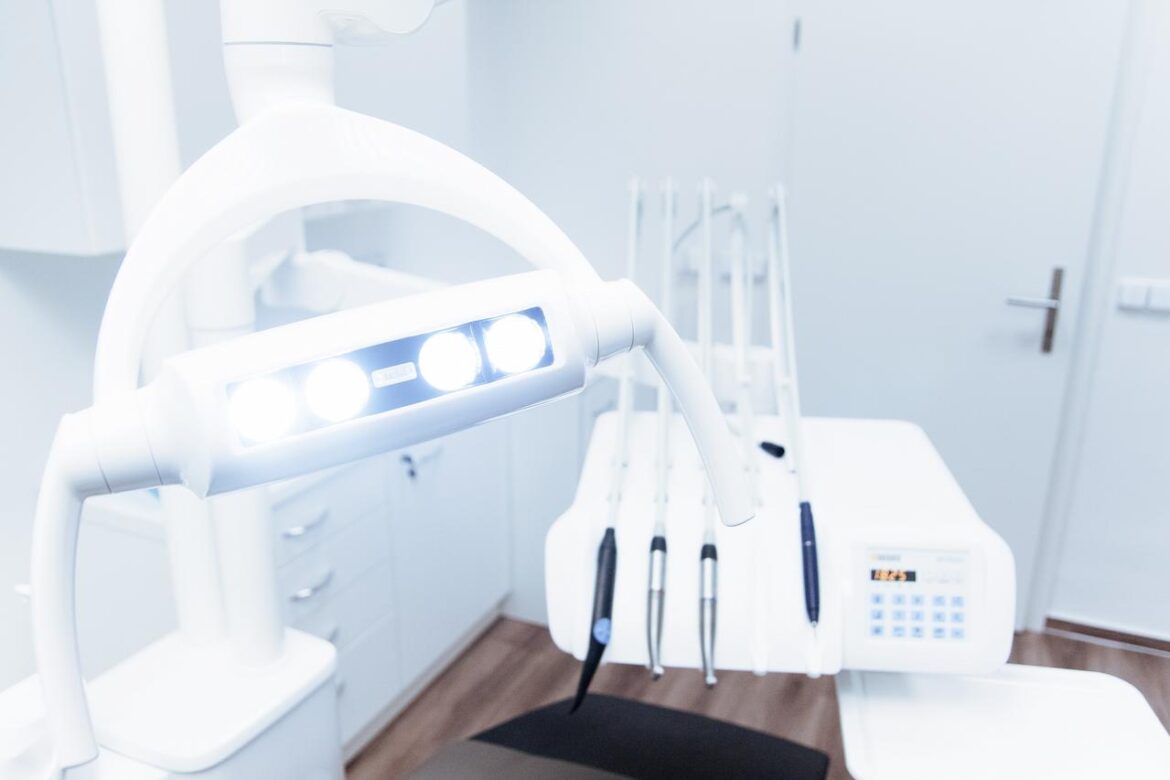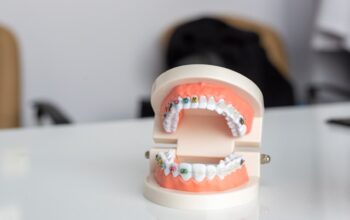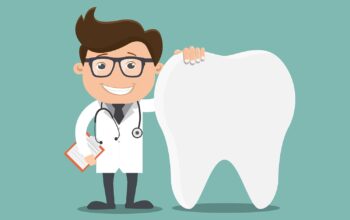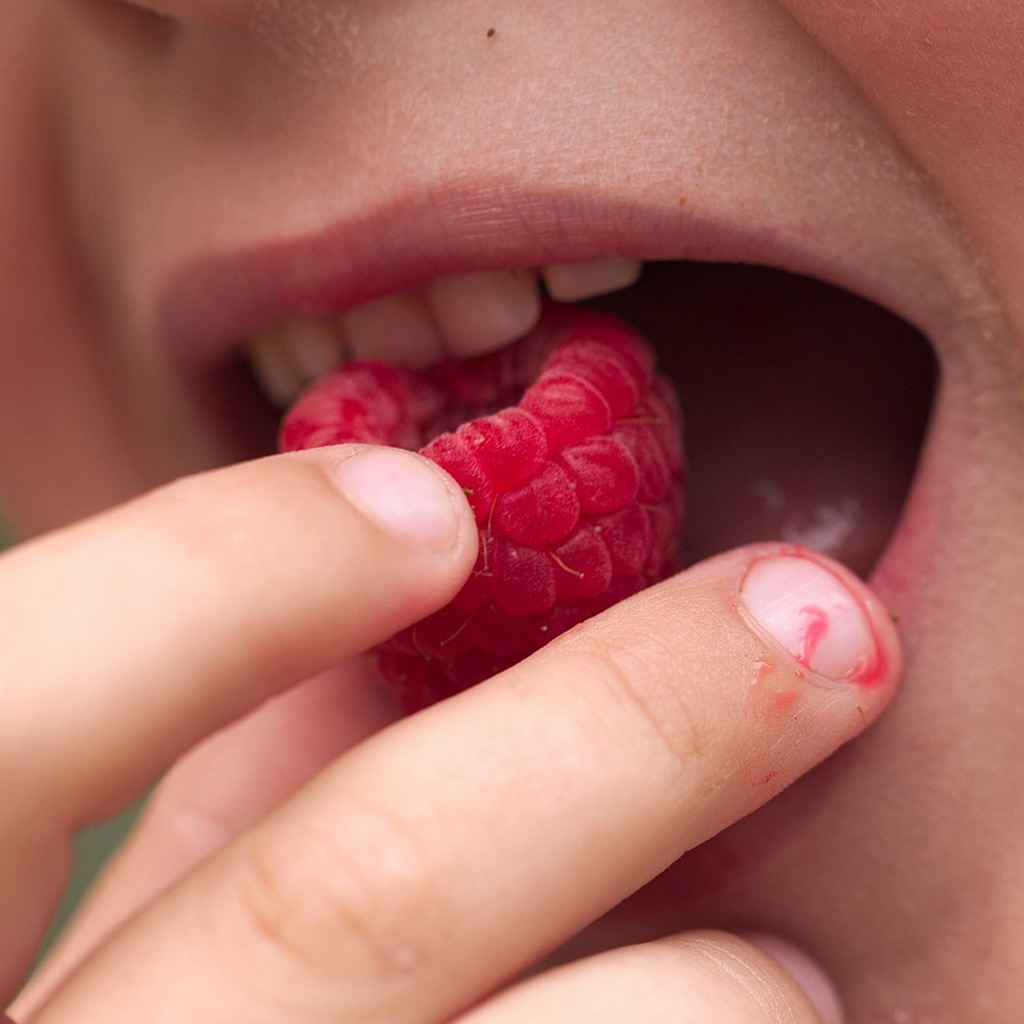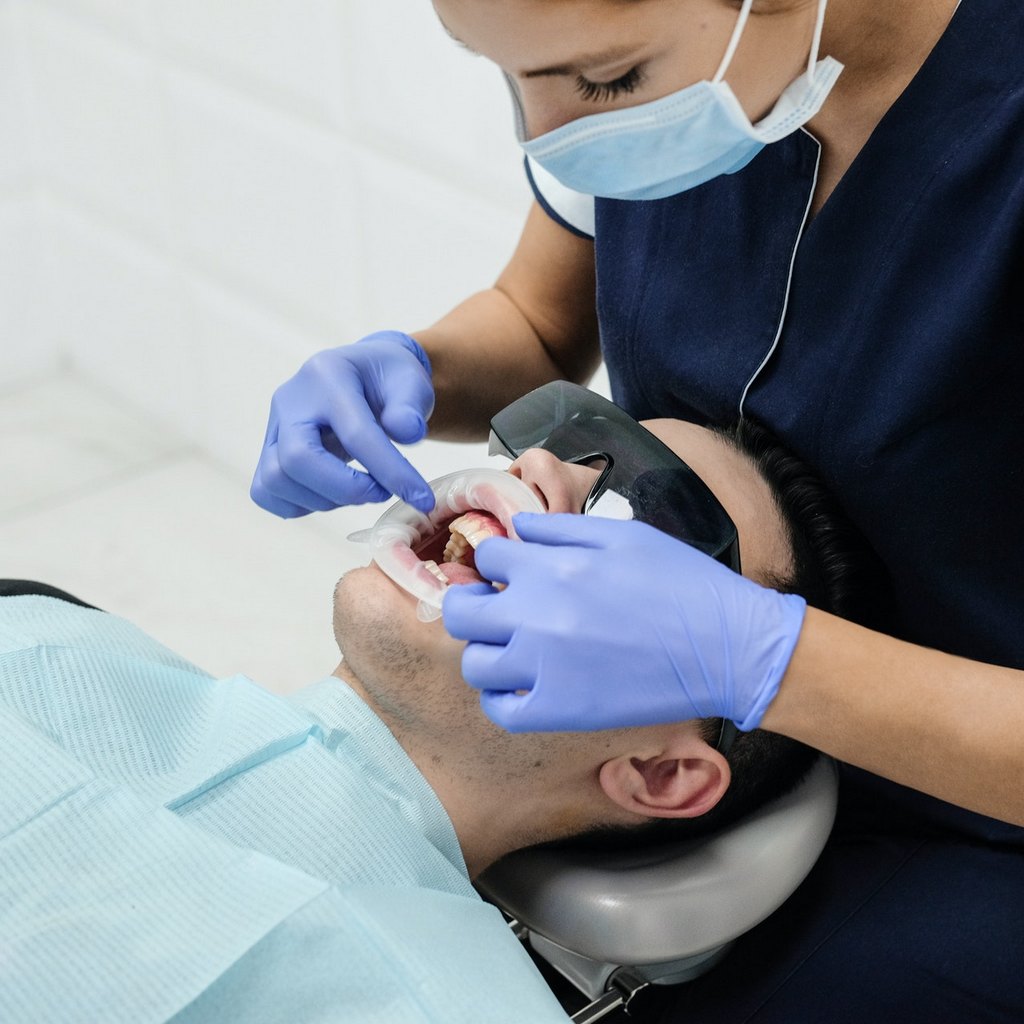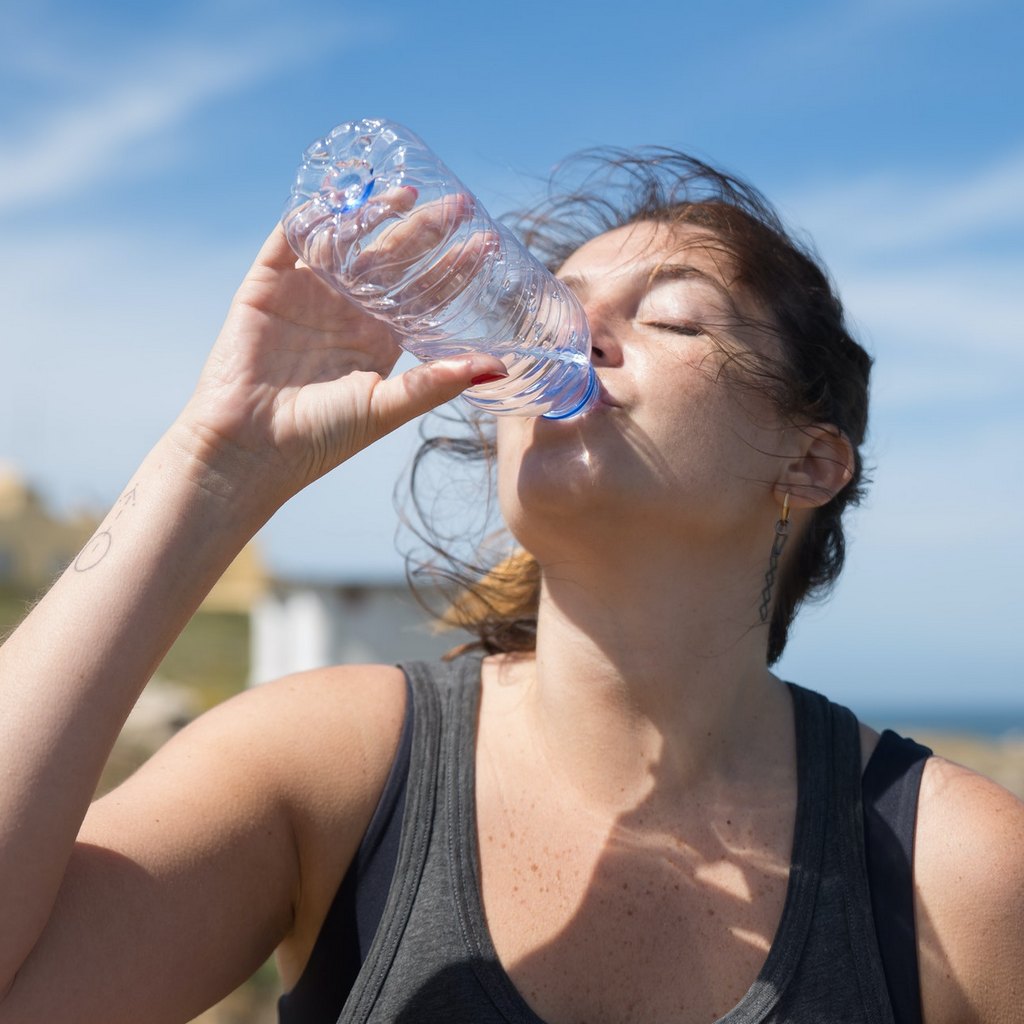The cold season often negatively affects the general state of health. A slightly weakened immunity is prone to diseases. It has been proven that teeth can also suffer from cold and frost. Thus, researchers working in the Arctic and Antarctic often encounter problems with tooth enamel damage. It not only cracks, but also can explode under the influence of extreme minus temperatures.
Ukrainian winters are not so severe, but frosty weather can have a negative effect on teeth. We will talk about how to minimize the existing risks and properly care for the oral cavity in the cold season in this publication of the Dental blog.
The main dangers for teeth in winter:
- Enamel damage (the so-called “soreness”) due to the negative impact of cold.
- Exacerbation of dental problems against the background of seasonal infectious and viral diseases.
- Changing the diet: on the one hand, a lack of vitamins and minerals, and on the other, a large amount of junk food for the New Year holidays.
Let’s analyze these three potential risks in more detail.
Enamel damage
Sensitive teeth are prone to aching (enamel damage) due to strong negative temperatures or their sharp changes.Various factors can contribute to the appearance of cracks, including:
- the habit of smoking in the cold;
- spending time and socializing in the cold for a long time;
- the combination of being in the cold with drinking hot drinks (coffee, tea, etc.).
Basic care is aimed at minimizing such risk and is reduced to the exclusion of the dangerous situations described above.So, for example, you shouldn’t smoke outside during severe frosts (you should give up this bad habit altogether).It is also necessary to talk less in the open air during severe frosts, it is better to transfer communication to a cozy and warmer environment.Another recommendation useful for teeth is to buy a warm woolen scarf that will cover not only the neck, but also the mouth and cheeks, as well as wearing a hat and hood.
A special peptide treatment helps to additionally protect teeth from frost.A special coating is applied to the enamel, which closes all microcracks and prevents further destruction.
Various diseases
In winter, we are often haunted by colds, various types of flu, etc.These diseases also affect the condition of the teeth.So, for example, any inflammatory processes in the body weaken immunity.Due to which, together with a runny nose or a blocked throat, aching pain in the teeth often appears.The main recommendation in such cases is to contact dentists immediately.
One of the most common diseases that often affects the teeth is sinusitis.It must be treated under the supervision of specialists.In some cases, antibiotics are prescribed, and in others, it is recommended to remove those teeth that have led to inflammatory processes in the maxillary sinuses.In any case, such a problem cannot be solved without the participation of knowledgeable doctors and experienced professionals.
Features of the diet
New Year holidays are one of the symbols of winter.They, in turn, are associated with tangerines and candies.As you know, acidic and sweet foods are one of the main dangers for teeth.Plus, alcohol, a lot of fatty food, various sweets besides candies are often added.
Mistakes that lead to tooth decay
Leading European and global experts in the field of dentistry have long compiled a list of basic recommendations for the care of tooth enamel and the oral cavity in the winter period.We are traditionally late in this matter.Often, adults and children not only do not know the basic rules for winter dental care, but also constantly make serious mistakes that only increase the chances of problems.
What should not be done in winter:
1.Constantly breathe through your mouth in the cold
Not only children, but also many adults suffer from this.By not breathing through the nose, we expose the oral cavity to additional negative effects of cold.The teeth are constantly in contact with cooled air masses.With increased sensitivity or slightly open tooth necks, this results in unpleasant painful sensations.It will also be a mistake to chew gum in the cold, smoke often and just eat.
Often, correct breathing techniques need to be specially learned: make sure that children breathe through their noses.If you have a runny nose, you should use nasal sprays before going outside.In extreme cases, it is worth buying a wide scarf, a special balaclava or a winter mask.
2. Use one toothbrush for a long time and do not rush to replace it
This item of hygiene is recommended to be changed every three months.Often we forget about this and use the toothbrush much longer.Such a mistake can be especially serious in winter.So, for example, bacteria or viruses can easily remain on a toothbrush after a cold.They can lead not only to relapses of colds, but also provoke dental diseases.
First of all, before the onset of cold weather, you should replace your toothbrush if it has been used for more than the allotted time.Secondly, it will not be superfluous to change it or thoroughly disinfect it after a respiratory illness.
3. Refuse preventive visits to the dental office
During the New Year holidays, the number of emergency visits to dentists increases.And the whole thing is that we often think about teeth when they already start to hurt.In order not to spoil your festive mood, it is better to make an appointment in advance before the cold weather for the purpose of prevention.A specialist will detect damaged seals in a timely manner, identify other potential risks and correct the situation before it turns into a real problem with severe pain or discomfort.
4.Adhere to an unbalanced diet, which harms the teeth
Holidays are always associated with delicious food and drinks.Of course, it is difficult to give up the feast completely.But at least it is possible to compensate for frequent consumption of juices and sweets.The simplest advice is to increase the consumption of dairy products.Ideally, it is worth taking control of the entire diet and at least reducing the amount of harmful substances, as they have a bad effect not only on the teeth.
Recommendations for tooth care in winter
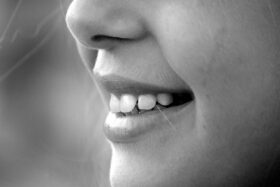
In winter, against the background of a reduction in the amount of useful mineral substances, a shortage of sunlight and the negative impact of cold on enamel, any abuse of acidic and sweet products quickly affects the condition of the teeth.Active accumulation of plaque provokes caries and increases the risk of other diseases.Therefore, in the winter time, you should both limit yourself in the intake of harmful food, and especially carefully take care of the oral cavity.
Key recommendations for cold care include the following:
- perform whitening (cleaning teeth from stones) at least once a year in a dental office;
- visit a dentist every six months and consult with him about care.One of these visits should be planned for the period before the onset of severe cold, let’s say the second half of autumn;
- brush your teeth twice a day and treat this procedure especially responsibly;
- daily use additional means of oral hygiene – irrigator, dental floss, special brushes for removing food residues, etc.
By paying a little more care and attention to your teeth in the winter season, you can prevent their damage and various diseases.

